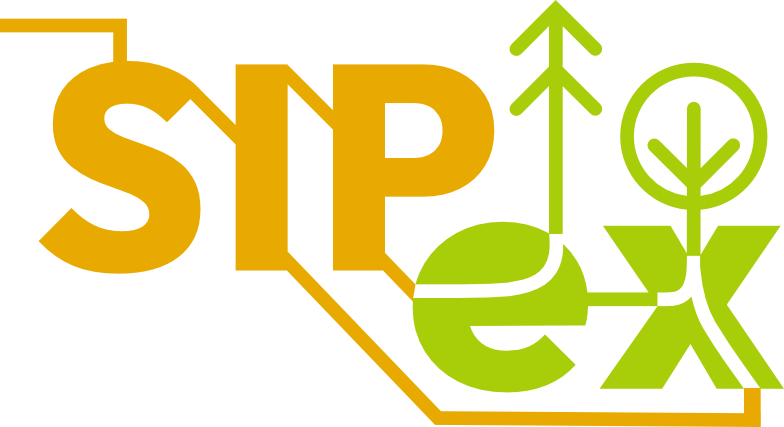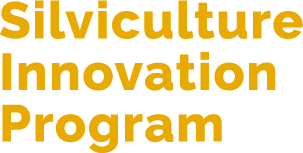-
Learning to Live with Fire - State of Wildfire in BC
This document explores the increasingly severe wildland fire situation in B. C. , driven by climate change and accumulated forest fuels, with an emphasis on the urgent need for a whole-of-government provincial landscape resilience strategy. It is str...This document explores the increasingly severe wildland fire situation in B. C. , driven by climate change and accumulated forest fuels, with an emphasis on the urgent need for a whole-of-government provincial landscape resilience strategy. It is structured to detail the current wildfire context, analyze the significant social and ecological impacts of catastrophic wildfire, and examine the current governmental and non-governmental responses to wildfire governance in the province, including the critical role of First Nations and local governments. Ultimately, the primer The document calls for a fundamental shift toward proactive prevention and mitigation measures, highlighting the need to vastly expand fuel management efforts and adopt a comprehensive, collaborative approach to build lasting social-ecological resilience across B. C. -
Fire Ecology for Environmental Restoration Certificate
The micro-certificate in Fire Ecology for Environmental Restoration will equip learners with practical skills and knowledge to understand and treat the effects of fire on natural ecosystems, prepare communities to respond to wildfire threats, and cre...The micro-certificate in Fire Ecology for Environmental Restoration will equip learners with practical skills and knowledge to understand and treat the effects of fire on natural ecosystems, prepare communities to respond to wildfire threats, and create ecosystem resilience. This program will prepare graduates to help mitigate the effects of both prescribed burns and wildfire damage upon the environment. A broad range of conditions and habitat restoration will be studied through intensive in-class and on-site learning, partnered with practical online applications. Participants will learn about natural fires and their attributes; fires as an ecosystem process; fire management, regimes and techniques; fire and climate change; prescribed burns; First Nations fire management; restoring burnt sites -
Fire Ecology Course
This course offers practical skills and knowledge to understand the effects of fires on natural environments through ecosystem decoding. The course also explores the impacts of, and the interactions between, fire management and forest management over...This course offers practical skills and knowledge to understand the effects of fires on natural environments through ecosystem decoding. The course also explores the impacts of, and the interactions between, fire management and forest management over the past 100 plus years. By the end of the course, participants will be able to prepare communities to respond to wildfire threats and create ecosystem resiliency through restoration methods - in fire and forest landscapes with multiple ecological objectives. -
Ecological Restoration Certificate
The Ecological Restoration program offers specialized training in high-level ecosystem functioning and is designed for practitioners working in restoration and related environmental fields that see problems with current practices and want to investig...The Ecological Restoration program offers specialized training in high-level ecosystem functioning and is designed for practitioners working in restoration and related environmental fields that see problems with current practices and want to investigate alternative and innovative solutions. This program develops critical thinking skills and asks challenging questions that require students to deal with the uncertainty that is present with problems in ecological restoration. Upon completion of this program, students will be able to conduct detailed site assessments and restoration projects that pay special attention to the unique conditions and challenges presented by built and otherwise highly altered environments. -
Pacific Institute for Climate Solutions Climate Insights Course
This interactive and self-paced short course is delivered through four e-learning modules. It is designed for anyone who wants to learn more about climate change, providing concepts, case studies, and perspectives with a focus on the B. C. context, a...This interactive and self-paced short course is delivered through four e-learning modules. It is designed for anyone who wants to learn more about climate change, providing concepts, case studies, and perspectives with a focus on the B. C. context, aiming to enhance understanding and promote ideas for climate action. -
Beneficial Fire in BC An Exploration of How Fire Can Contribute to Wildfire Resilience
This document explores how fire can intentionally contribute to wildfire resilience in British Columbia and introduces the concept of beneficial fire, defined as planned or unplanned wildland fire with positive ecological effects and acceptable risk ...This document explores how fire can intentionally contribute to wildfire resilience in British Columbia and introduces the concept of beneficial fire, defined as planned or unplanned wildland fire with positive ecological effects and acceptable risk to human communities. It presents a conceptual framework that integrates both ecological dimensions and community dimensions to guide management decisions. The document advocates for a whole-of-society approach to increase beneficial fire, including cultural fire, prescribed fire, and managed wildfire, by accelerating place-based assessments and improving community safety through measures like FireSmart.


